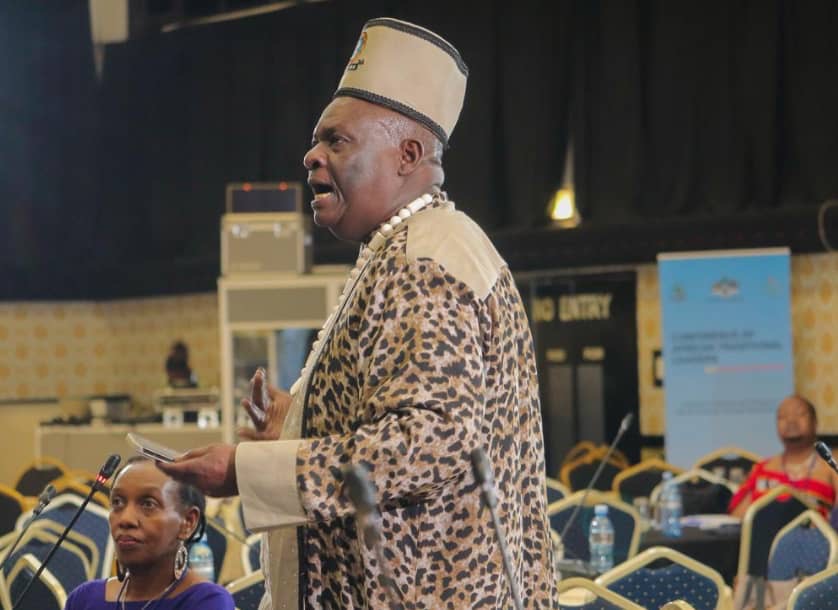His Royal Highness Emorimor Paul Sande Emolot Etomeileng III, President of the African Diaspora Kingdoms Alliance (AKDA), has called on Africa’s cultural leaders to unite and amplify their collective voice in shaping the continent’s future. He made the remarks while delivering a keynote address at the Conference of Africa Indigenous Leaders Council held in the Kingdom of Eswatini.
In his address, Emorimor expressed deep gratitude to the host, His Majesty King Mswati III, for convening the historic gathering. He emphasized the strategic role of the African Diaspora Kingdoms Alliance in bridging ties between Africa and its descendants abroad, noting that unity among traditional leaders remains a critical pillar in strengthening Africa’s cultural identity and political influence.
Emorimor urged the creation of a continental umbrella body for traditional and cultural leaders, saying it would provide Africa with a unified platform to advocate for issues affecting indigenous communities. He stressed the importance of repairing the historical wounds of slavery and colonial exploitation, particularly by pushing for reparations for the African diaspora.
“The legacy of our forefathers who resisted slavery and colonial domination must guide our actions today,” he said. “We owe it to them, and to generations yet unborn, to speak with one voice for the dignity, development, and sovereignty of Africa.”
In a symbolic appeal, Emorimor called upon King Mswati III to spearhead a “Cultural Leaders’ Declaration” to be presented at the African Union Summit next year. He noted that King Mswati holds a unique place in Africa’s leadership as one of only two reigning monarchs who are also heads of state, alongside the King of Morocco.
Delegates at the conference received the speech with enthusiasm, with many praising Papa Emorimor’s vision of unity and his bold call for reparations as a critical step in reclaiming Africa’s historical and cultural dignity.
The Conference of Africa Indigenous Leaders Council, hosted in Mbabane, brought together traditional leaders, cultural institutions, and diaspora representatives to deliberate on strengthening cultural governance, preserving African heritage, and advancing the role of traditional leadership in the continent’s development agenda.
Emorimor’s message added momentum to growing calls across Africa for indigenous leaders to play a stronger role in continental affairs, complementing the efforts of governments and the African Union in pursuit of unity, peace, and prosperity.
